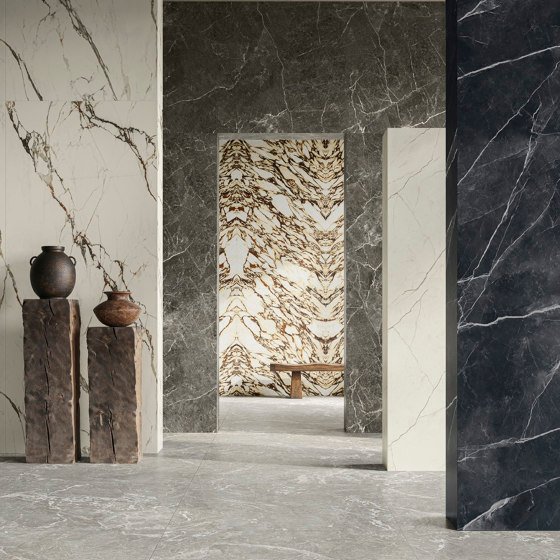Camp-de-Touage Service Center / Blouin Tardif Architectes + Éric Painchaud architecte
Camp-de-Touage Service Center / Blouin Tardif Architectes + Éric Painchaud architecte


Text description provided by the architects. Architects have a determining responsibility when it comes to building upon the natural environment. From the beginning, the opportunity to magnify a unique and majestic territory was the motivation driving the mission of the Société des Établissements de Plein Air du Québec (SÉPAQ):
«…to develop the territories and public assets entrusted to it;
…to ensure sustainability for the benefit of its clientele, the regions of Quebec, and future generations;
…to connect people to nature. » 1

Land Development – Linking History, Program, and Nature. The Tow Camp dates back to the time when the mouth of the Saguenay River, formed by the islands of Lac Saint Jean, was used as a towing station for logs being redirected to the small wood lump. Thus the boom, an emblematic structure formerly used for log driving and logging, forms the backbone of the project. It is a common thread that traces links with history while creating a springboard to the new resort vocation of the Camp de Touage sector of Pointe-Taillon National Park.


Beyond the poetics and the form of the object, architectural notions have emerged from references to the boom. The concepts of the protective screen, footbridge, observation point, light filter, and expression of the structure are all avenues of development that have led to a sober and coherent architectural party that meets the technical and functional considerations of the reception pavilion for the benefit of its users’ experiences.

The Three-Stage Architectural Approach
- The fragmentation of the program allows for the creation of a central reception area for all users of the Park. The pavilions frame a reception area while filtering access from the various entry points; parking, bicycle path, and pedestrian path. This pavilion strategy also favors adaptation to the topography of the site and the preservation of a vegetal cover near the buildings.
- The use of the exterior space for the project’s circulation system provides a true outdoor experience. Guided by a footbridge, a must at the beginning of the experience, the visitor’s path winds through the different accessible spaces. The reception, the boutique, the equipment rental area, the veranda, and the service areas for campers are accessible from the wooden bridge. An elevated walkway ultimately becomes a staircase for a more direct link to the camper area below. In addition to being economical for a project where public budgets are limited, this strategy of externalizing circulation stimulates the user’s discovery of the environment.
- On one hand, the articulation of a roof with large overhangs expresses a hierarchy between the different functions, while on the other hand ensuring perenniality and the development of wood protected from bad weather. This enveloping canopy forms protected buffer zones for gatherings and relaxation, while also generating visual links of interest via openings framing the landscape. Designed for 3-season use, the assemblies, fenestration, and roof projections are calibrated and integrate passive ventilation and heating principles.



The Camp de Touage Service Center combines a coherent and poetic architectural resolution with its natural environment. In direct relation to the mission of promoting the resort and the general public vocation of the SÉPAQ, it evokes territorial and historical references related to the log drive and forestry, integrates the route of the Vélo route des Bleuets, and favors the discovery of the site in an enveloping wooden case by all visitors to the region.

1. Extract from the mission statement of the Société des Établissements de Plein Air du Québec (SÉPAQ) – Strategic Plan 2017-2022







